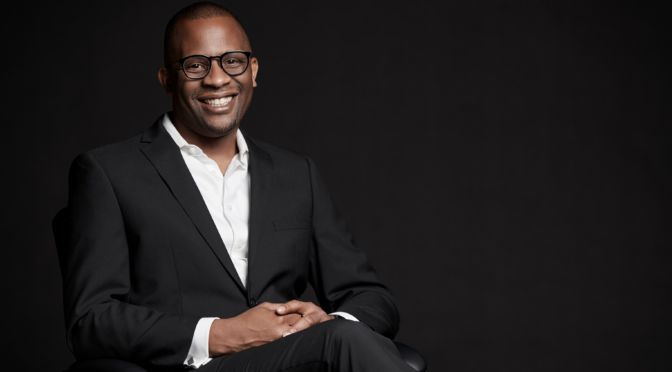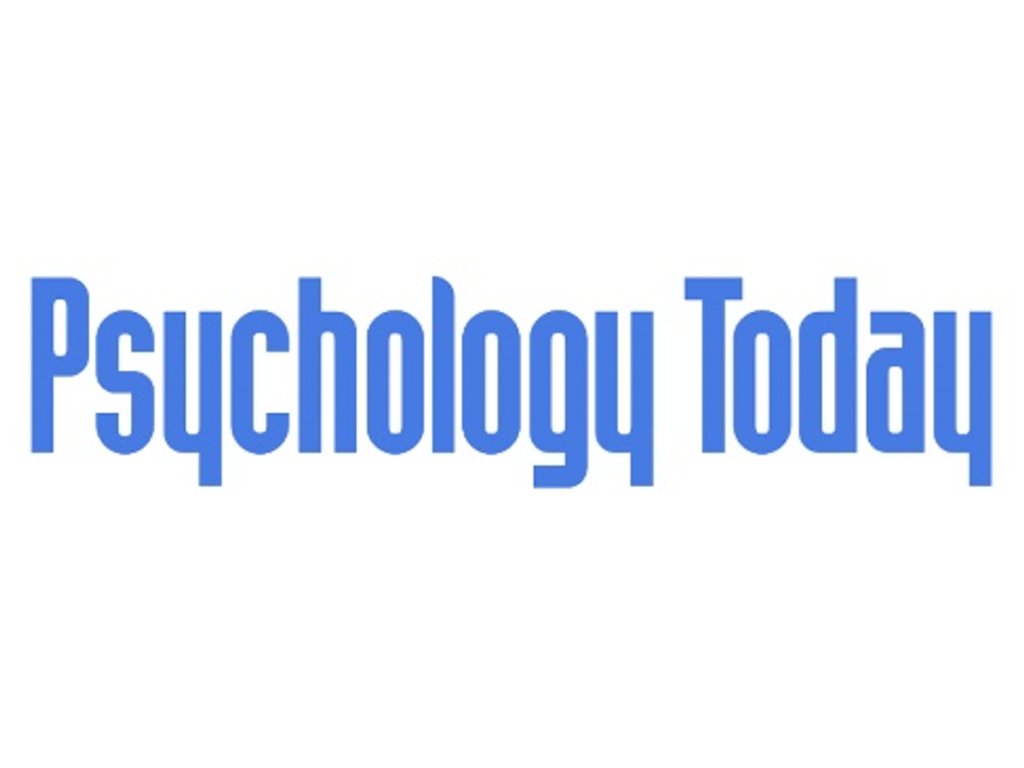Black History Month

Black History month is an opportunity to celebrate the achievements and contributions of African Americans that are so deeply woven into the history of the United States. African American leaders in mental health, government, civil right, the arts, entertainment and sports have influenced generations of Black Americans and taken unprecedented risks to initiate change. Yet, it is important to acknowledge the continued, rampant systemic racism and inequities in wealth, education, criminal justice, and mental health and health care and the impact on the lives of Black Americans.
Dr. Anton C. Bizzell, CEO of the Bizzell Group, touches on his own encounters with racism as a Black American physician in this Psychology Today article. He challenges the corporate world to take action to reverse the trauma that Black Americans experience by hiring more Black Americans, offering physical and mental health care resources, and providing supportive work environments that are free of microaggressions.
READ MORE: Black History Month


